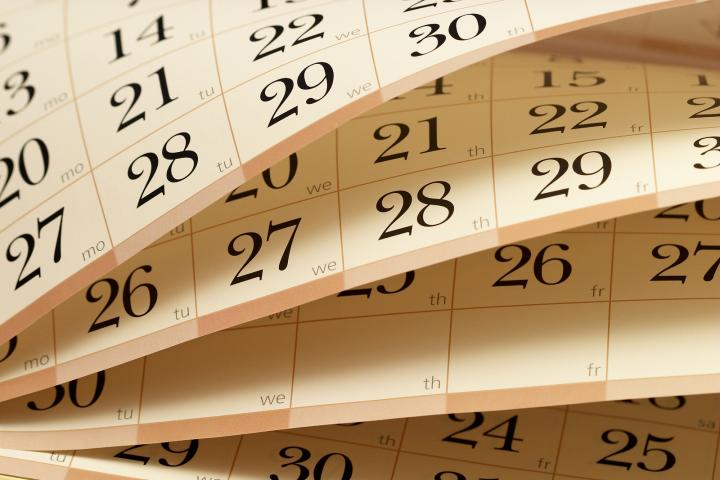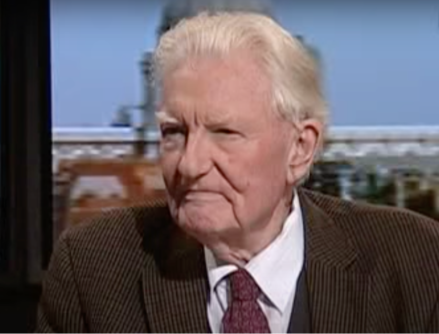If not, don’t. As an aspect of the French Revolution suggests, the old will be new again.
The French Revolution is making something of a comeback, in the form of comparative historical references. The revolutionary Jacobins, the bourgeois Girondins, and the anti-Robespierre Thermidorians have all been compared to the arguably equivalent “Jacobins,” “Girondins,” and potential “Thermidorians” of our time. All great fun, and very interesting; often insight-providing, even. Mentions of tumbrils and guillotines remain metaphorical, thank God.
“The French Revolution recalibrated the calendar to begin anew,” as well, Victor Davis Hanson recently notes while decrying our current “culture of erasure” in National Review. The calendrier révolutionnaire français removed all religious and royalist influences from the old calendar. It was used by the French government starting in 1793.
It didn’t last, which brings up another aspect of the French Revolution’s history that we should remember, reference, and at least think about.
The Old
“Puritanical cultural revolutionaries are always a minority of society,” Hanson writes in “Year Zero.”
But whether they win or lose—that is, whether they end up as Bolsheviks or Jacobins—hinges on how successfully they terrify the masses into submission, and how quickly they can do that before repulsion grows over their absurd violence and silly rhetoric.
When the backlash comes, as it must when mobs destroy statues at night, loot, burn, and obliterate what Mao called the “four olds” of a culture revolution—Old Customs, Old Culture, Old Habits, and Old Ideas—it may not be pretty.
The Old Calendar—the past, history, our memory—doesn’t, can’t, just go away. Even if the New Big Philanthropy eagerly and substantially supports the many current attempts to put it away.
We cannot start fresh, as though there were no Founders, no Andrew Jackson or Abraham Lincoln, no animating ideals of the American Experiment to be consulted, however unattained they may yet be. Day One cannot be tomorrow, or even next Inauguration Day. We cannot arrogantly abrogate the past, and shouldn’t. There are perils to such selfish presentism, and foundations shouldn’t fund it.
The end
After Robespierre was guillotined 1794, the governing five-member Directoire began to restore order by ending the excesses of the Jacobin Reign of Terror. Mass executions were over, the government crushed armed uprisings, and the harassment of exiled priests and royalists declined. The Jacobin club was closed.
The chaotic and horrifically violent revolution was winding down. As French military disasters shook le Directoire, it was disestablished in 1799, replaced by the le Consulat. Napolean Bonaparte then named himself Emperor on December 2, 1804—or, 11 Frimaire, Year XIII, according to the new French calendar.
The new calendar stopped being used in 1805.
Please do not discard the old calendar. In fact, see each day on it as a precious opportunity to reflect on those who came before us, and learn what they can teach us.





